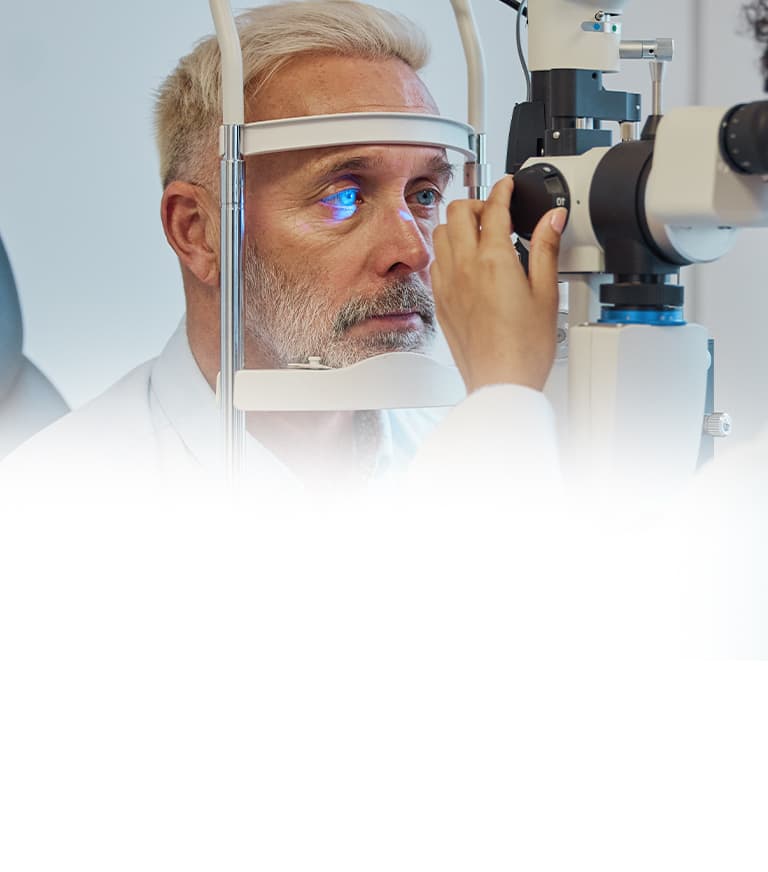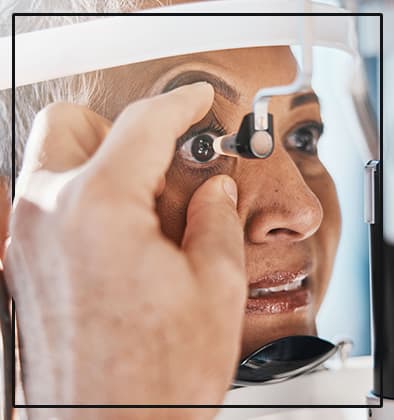Why Diabetes Puts Your Vision at Risk
Diabetes can cause significant damage to your eyes over time. High blood sugar levels can affect the tiny blood vessels in your retina, leading to various eye problems. These blood vessels are fragile and can easily become damaged, leading to potentially severe conditions that may result in vision loss.
In fact, diabetes is a leading cause of vision loss in Canada, primarily due to two major conditions: diabetic retinopathy and diabetic macular edema (DME).
Diabetic Retinopathy
This is the most common form of diabetic eye disease. Diabetic retinopathy occurs when increased blood sugar damages the tiny blood vessels connected to the retina. The blood vessels can leak into the eye, causing scar tissue to develop, and eventually leading to blindness.
The symptoms of diabetic retinopathy appear very slowly after the disease has already progressed to a dangerous level. Annual eye exams are very important in preventing this devastating illness. Symptoms evident at an advanced stage are:
- Sudden changes in vision
- Blurred vision
- Eye floaters and spots
- Double vision
- Eye pain
Diabetic Macular Edema (DME)
Diabetic macular edema (DME) results from a swollen retina from “leaking” blood vessels. This swelling puts unwanted pressure on the macula, a part of the eye responsible for central vision.
Large dark spots form in the middle of your vision, making day-to-day life extremely difficult.















